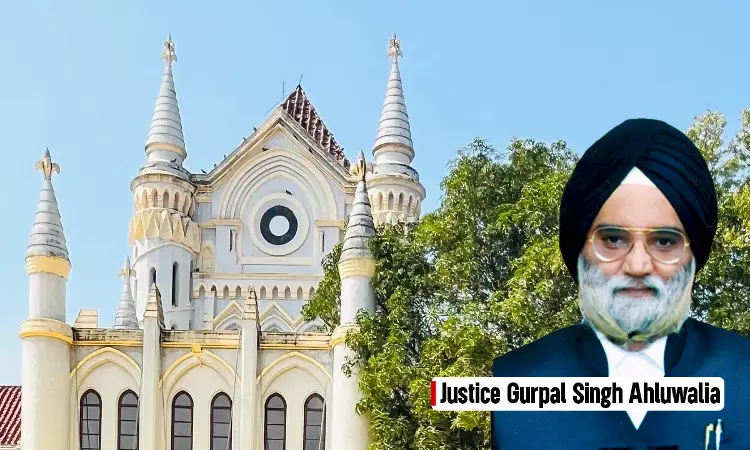Reinstatement Is Not Automatic; Madhya Pradesh High Court reiterates
Shreya Shekhar
15 Oct 2024 9:00 AM IST

Next Story
15 Oct 2024 9:00 AM IST
A Single Bench of Madhya Pradesh High Court, comprising Justice G.S. Ahluwalia heard a petition filed under Article 227 of the Constitution of India, against an order passed by the Labour Court. The judgement dealt with a case pertaining to procedural defects in termination of a short-term employee and held it violative of Section 25-F of the Industrial Disputes Act,...
